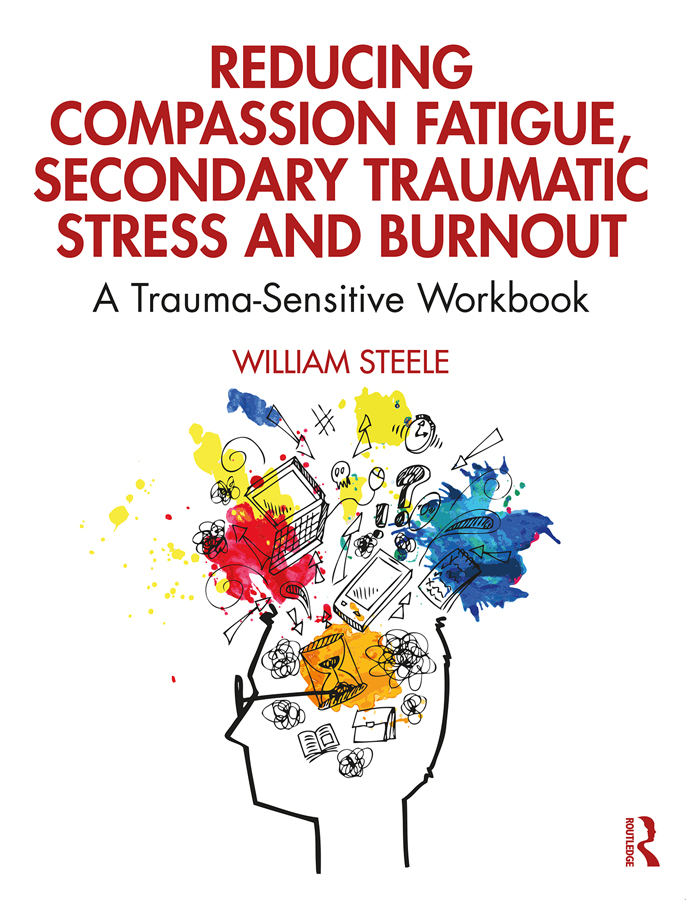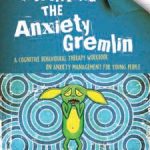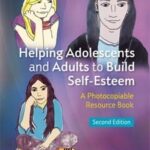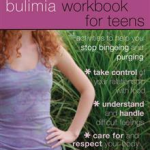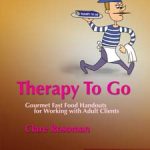This workbook addresses the vital questions helpers, responders, and organizations have about self-care and its relationship to resilience and sustained effectiveness in the midst of daily exposure to trauma victims and or situations.
Packed with activities, worksheets, and interactive learning tools, the text provides neuro-based and trauma-sensitive recommendations for improving the ways clinicians care for themselves. Each ‘session’ helps clinicians identify their personal self-care needs and arrive at an effective self-care plan that promotes resilience in the face of daily exposure to trauma-inducing situations and reduces the effects of compassion fatigue and burnout.
Reducing Compassion Fatigue, Secondary Traumatic Stress, and Burnout is an essential workbook for any helper or organization looking to enhance compassionate care.
Contents:
- 1. You Are Not Alone
- 2. Stress From a Different Perspective: Part One – It’s Subjective-It’s a Reaction
- 3. Stress From A Different Perspective: Part Two – Mindsets Matter
- 4. Tough Conversations, Well-being, Engagement
- 5. Trauma-Informed Organizations, Leadership, STS and Supervision
- 6. Assessment
- 7. Putting It All Together
- Appendices
- 1. Assessments
- 2. Symptom Checklist
- 3. Worksheets
- 4. Reflective Questions
- 5. Additional Well-being/Self-Care Strategies
- 6. Suggested Websites and YouTube Segments
- 7. Hot Walk Talk Protocol
Author Bio:
William Steele, PsyD, MSW, is the founder of the National Institute for Trauma and Loss in Children (TLC), established in 1990 and a program of the Starr Global Learning Network since 2009. Dr. Steele has developed trauma-specific, evidence-based interventions programs and resources for practitioners currently being used in 55 countries.
Review:
“Packed full of thoughtful, interactive, and practical advice, this book takes readers on a journey that promotes awareness, sensitivity and practical application of knowledge to combat secondary trauma, burnout and related conditions. This workbook should be within arm’s reach on any trauma professional’s bookshelf.” – Ginny Sprang, PhD, professor at the University of Kentucky College of Medicine and Psychiatry, executive director of the Center on Trauma and Children, and co-chair of the National Child Traumatic Stress Network’s (NCTSN) Secondary Traumatic Stress Committee.


